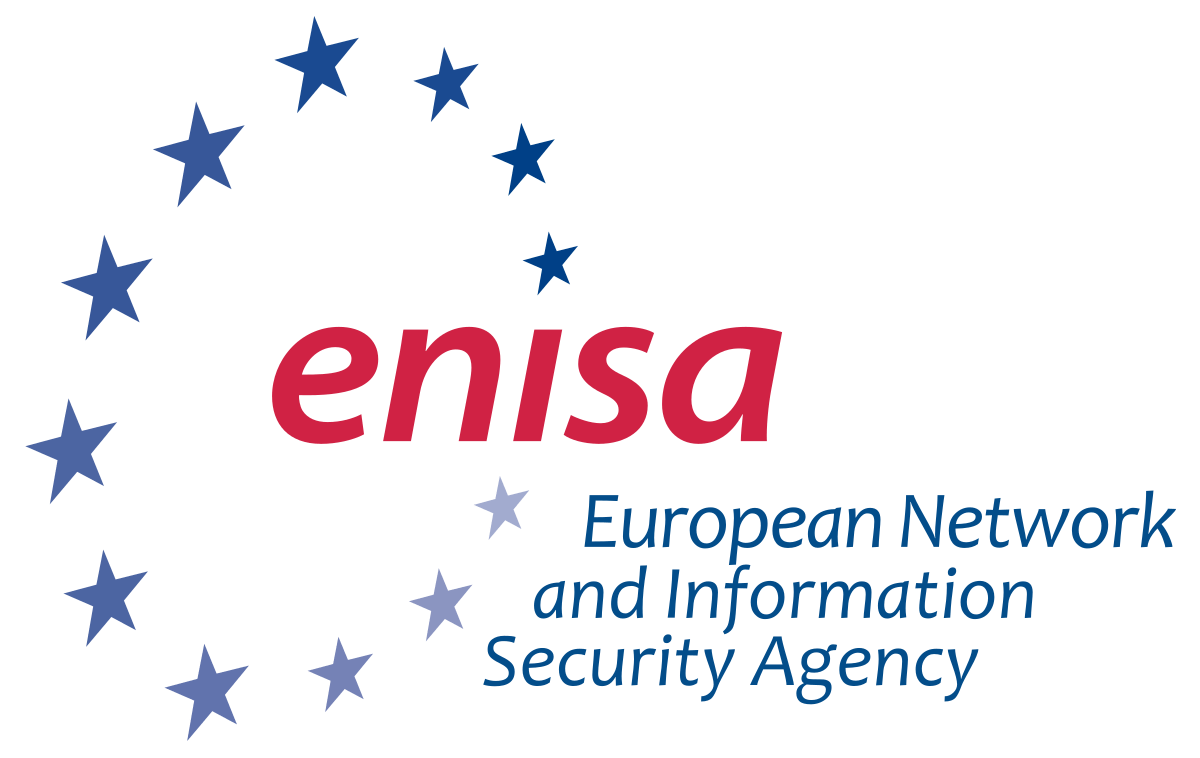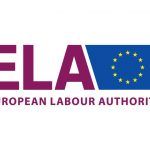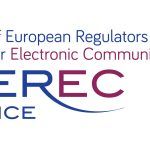Access to the official webpage and the social networks
 |
 |
 |
 |
 |
Overview
- Role: ENISA is dedicated to achieving a high common level of cybersecurity across Europe
- Director: Juhan Lepassaar
- Established in: 2004
- Number of staff: 106
- Location: Headquarters in Athens with offices in Heraklion and Brussels
ENISA contributes to the EU’s cyber policy. It boosts trust in digital products, services and processes by drafting cybersecurity certification schemes. It cooperates with EU countries and bodies and helps prepare for future cyber challenges.
What it does
The Agency works with organisations and businesses to strengthen trust in the digital economy, boost the resilience of the EU’s infrastructure, and, ultimately, keep EU citizens digitally safe. It does this by sharing knowledge, developing staff and structures, and raising awareness. The EU Cybersecurity Act has strengthened the agency’s work.
Who benefits
ENISA works mainly for the benefit of public organisations:
- EU countries’ authorities, institutions and decentralised bodies and agencies
- EU institutions, agencies and bodies.
The Agency also helps:
- the IT industry (telecoms, internet service providers and IT companies)
- the business community – especially small and medium-sized businesses
- cybersecurity experts (e.g. cybersecurity incident response teams)
- academia
- the public.







Leave a Reply